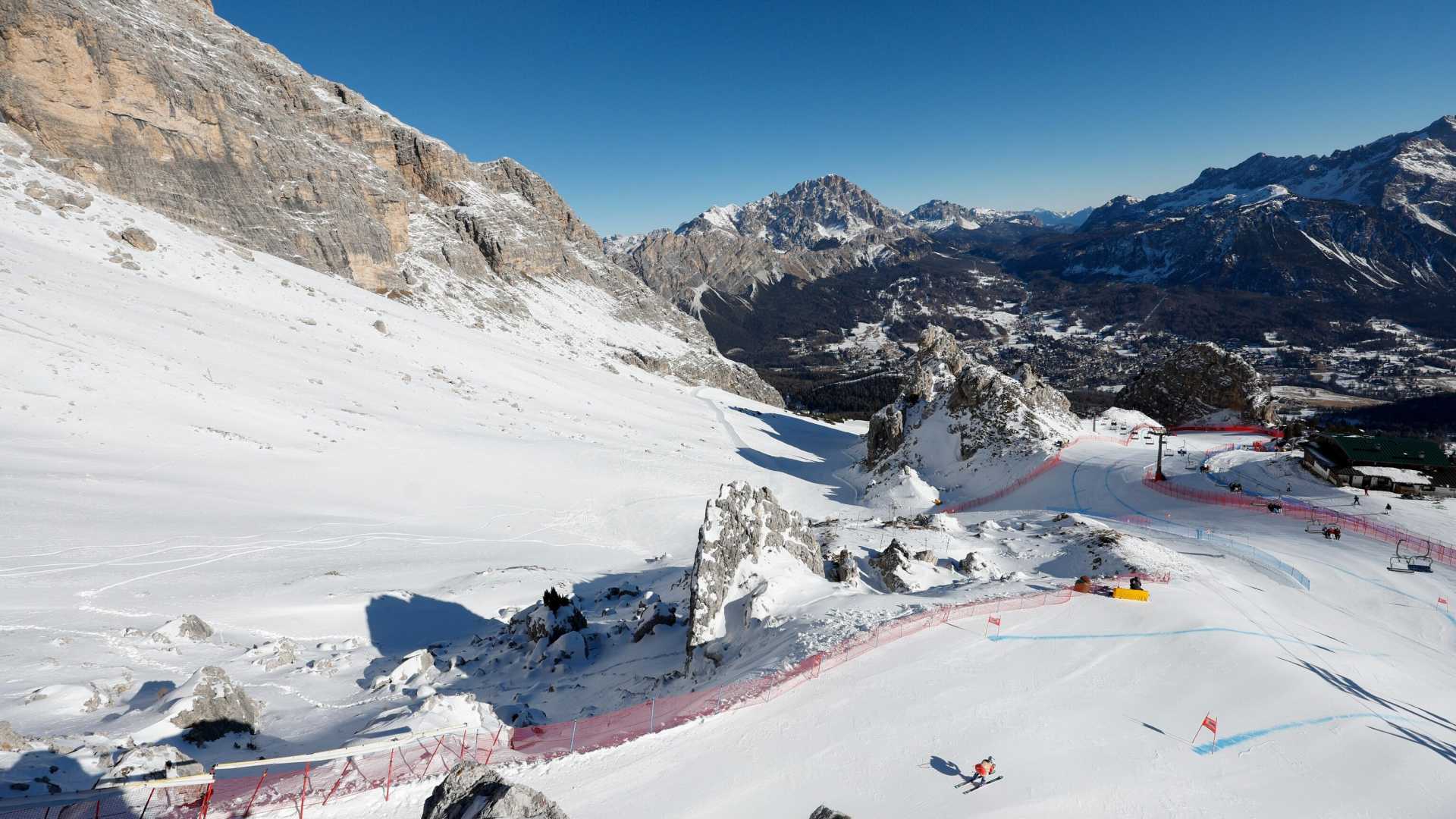Sports
Milan-Cortina 2026 Olympics: A Return to Tradition Amid Challenges

MILAN, Italy — The Milan-Cortina Winter Olympics, set to take place in 2026, marks a return to tradition as organizers prioritize existing venues and cultural heritage in the face of various logistical and political challenges.
As the International Olympic Committee (IOC) looks to learn from the excesses of previous Games, the choice of Milan and Cortina d'Ampezzo as co-hosts is deliberate. With a history steeped in sporting excellence, Italy aims to create a familiar atmosphere for spectators and athletes alike.
The opening ceremony will be held at San Siro Stadium, a historic venue that has served as the home for AC Milan and Inter Milan since 1926, accommodating over 80,000 fans. The Verona Arena, an ancient Roman amphitheater from 30 AD that remains a vibrant cultural site, will host the closing ceremony.
The mountainous regions of the Alps and Dolomites will continue to serve as significant backdrops for the skiing events, with notable venues like the Stelvio downhill course in Bormio and Cortina’s Olimpia delle Tofane slope being chosen for top competitions.
Cross-country ski events are set to take place in Val di Fiemme, while Anterselva will host biathlon events, reinforcing Italy’s commitment to utilizing established facilities. However, the organizers face challenges in updating venues, including a costly renovation of the outdoor speedskating rink at Baselga di Pine, prompting the construction of a temporary facility at a fraction of the cost.
The most pressing issue appears to be the sliding track in Cortina, where future plans depend on rebuilding the Eugenio Monti track or potentially relocating events to Innsbruck, Austria, should construction not meet deadline requirements.
Cortina Mayor Gianluca Lorenzi emphasized, “There is no Plan B for bobsleigh. The track will be built here,” showcasing Italian resolve amidst concerns over timelines and budgets.
The geopolitical landscape has also altered the competition’s dynamic, particularly the absence of Russian athletes due to the ongoing war in Ukraine. This will be the first Winter Games without representation from one of the world’s most dominant nations since the Soviet Union debuted in 1924. Sports Minister Mikhail Degtyarev commented on Russia’s exclusion, saying, “These Games would be viewed as bogus.”
Despite the absence of Russian competition, the 2026 Games are expected to attract athletes from over 90 nations, with an anticipated 3,000 participants. Giovanni Malagò, president of the Italian National Olympic Committee, is optimistic about the return to traditional venues, asserting, “This is a moment to celebrate our shared history.”
The IOC has already begun outreach for the event, with 300,000 tickets sold in the first six days alone. By cutting costs and focusing on existing venues, the 2026 Games aim to ensure an authentic experience that reflects Italy’s cultural love for winter sports amidst a backdrop of economic and political challenges.












